“Safe places” in several locations in the city provide on-site support for people experiencing discrimination and foster awareness-raising among the citizens of Gdansk.
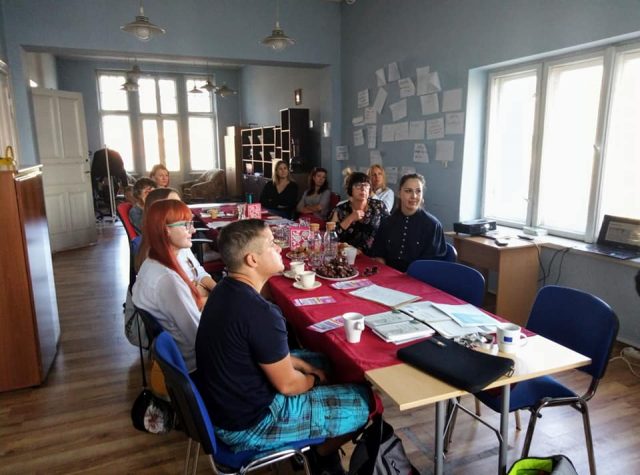

“Safe places” in several locations in the city provide on-site support for people experiencing discrimination and foster awareness-raising among the citizens of Gdansk.
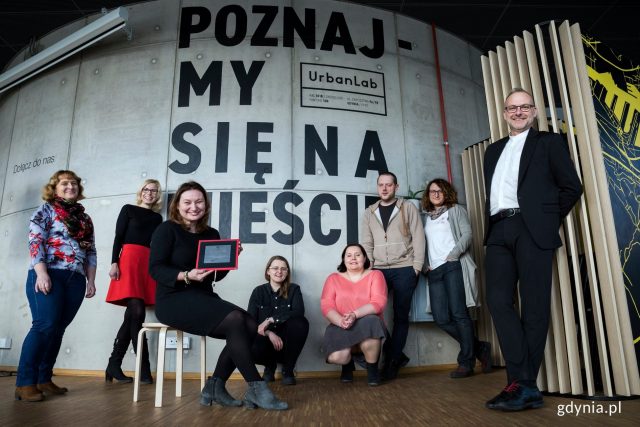
A cross-sectoral, interdisciplinary programme helps a city achieve sustainability goals, thanks to activities ranging from small community projects to large participation innovations.
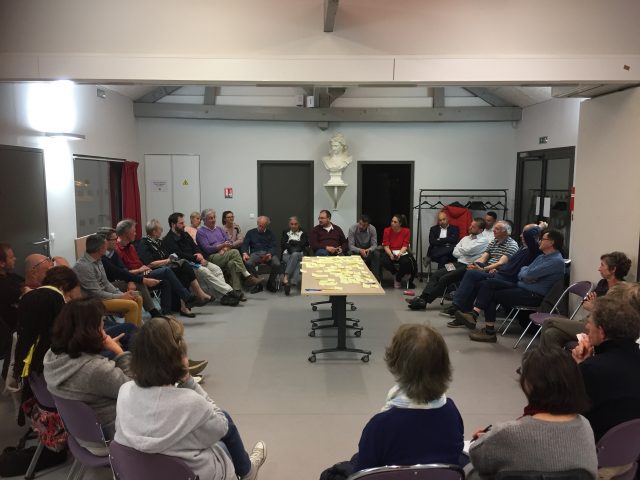
The City of Molières manages its municipal activities in a participatory manner structurally involving all residents in local decision-making.
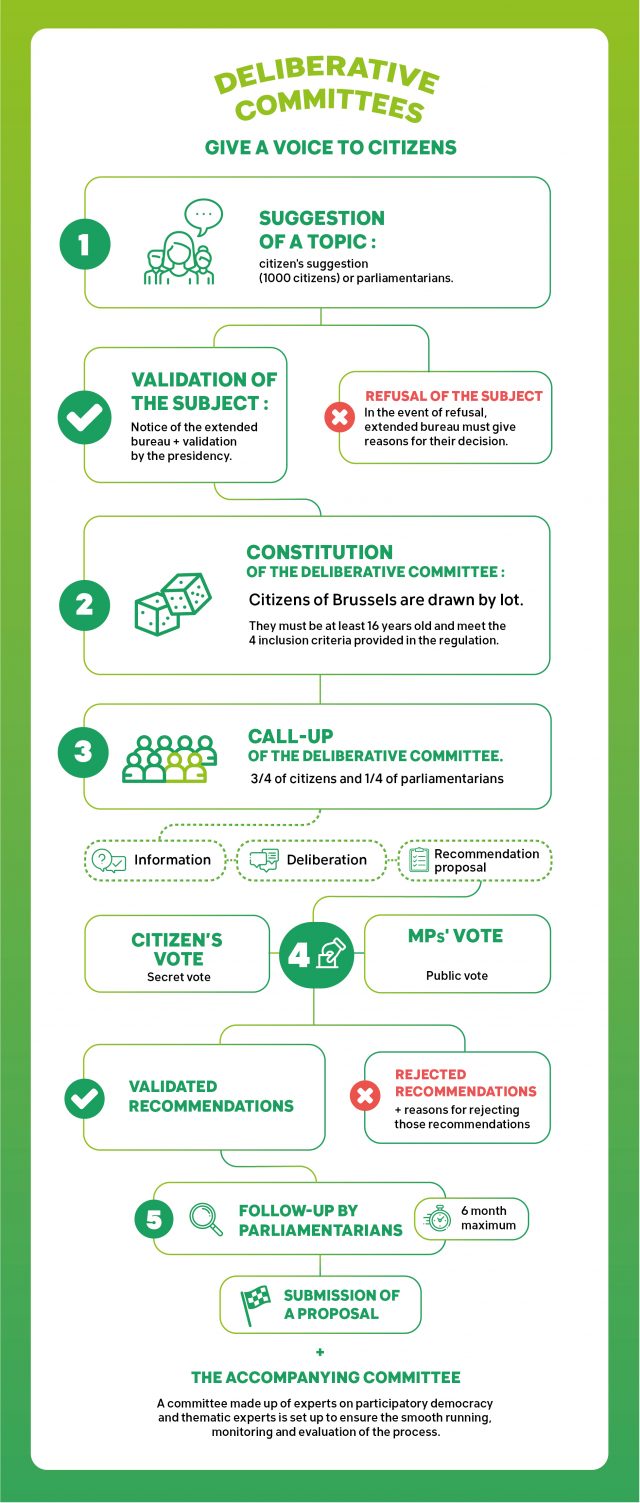
A new permanent procedure engages randomly selected citizens in policy-making alongside parliamentarians, to democratise reforms and increase public support for decisions.
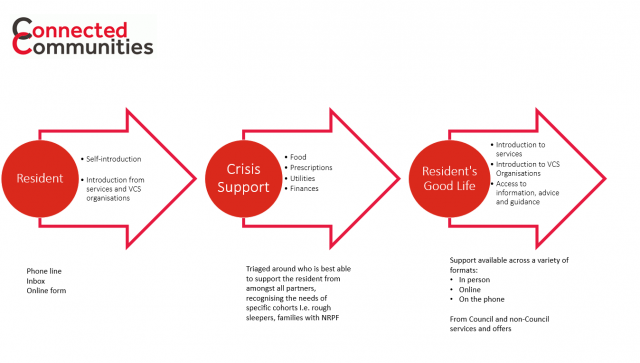
Covid-19 brings people together in a London district experiencing deprivation, through phone volunteering, food parcel delivery, donations, Mutual Aid Groups, and more.
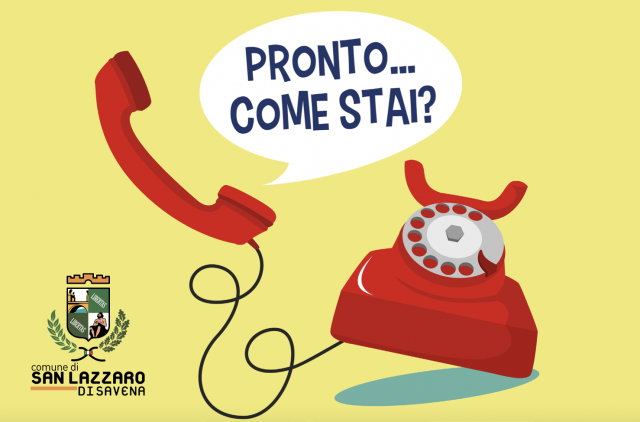
Volunteers “adopt a grandparent” to help senior citizens battle isolation loneliness, support them in daily tasks, and remind them to take their medicine during lock-down.
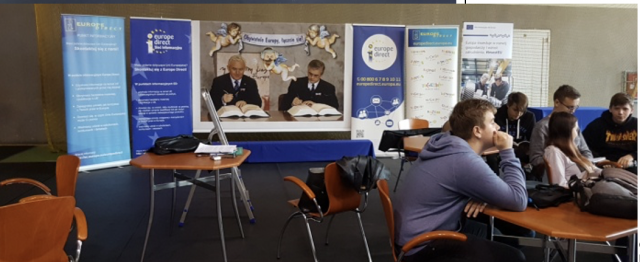
A series of events and activities are co-designed by participants from the administrative, educational, and non-governmental sectors to educate the new generation about the conditions necessary for the development of open democracy.
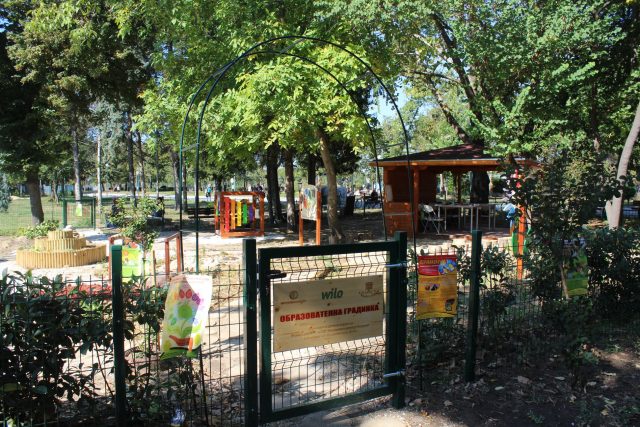
Being surrounded by plants reconnects young people to the earth and their fellow humans; learning about farming gives them new knowledge whilst enhancing their personal development.
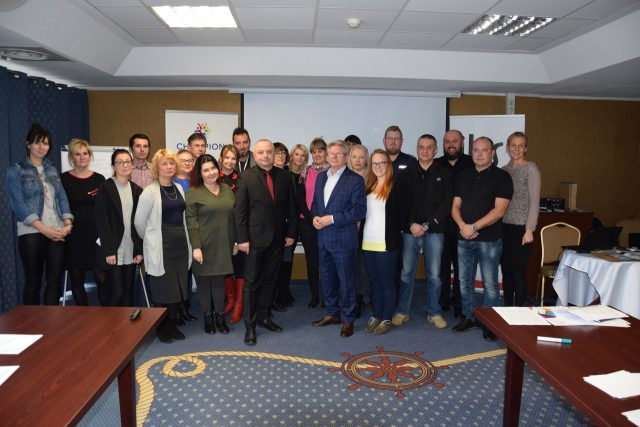
A local multi-agency group uses a systemic approach to investigate and counter radicalisation among vulnerable groups, to recognise diversity, promote inclusion, and encourage dialogue and participation.
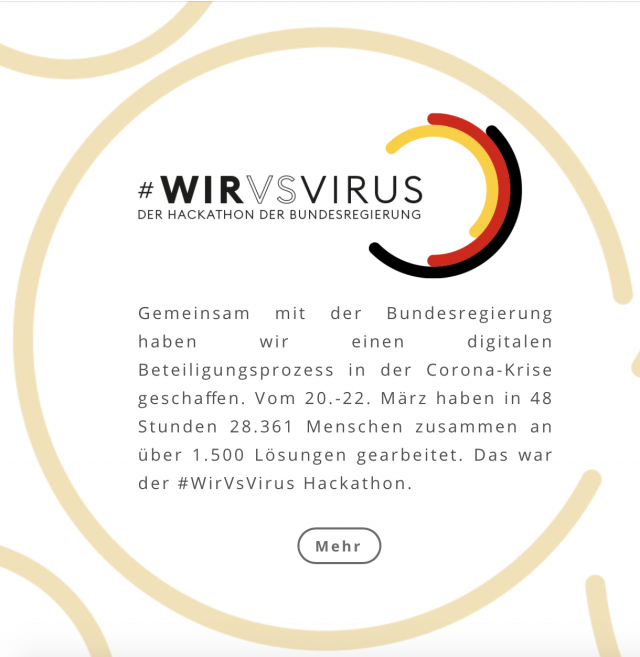
A diverse pool of 28,000 participants came together to collectively “hack” digital challenges related to the Corona crisis resulting in a great variety of solutions, co-created by civil society and public authorities.
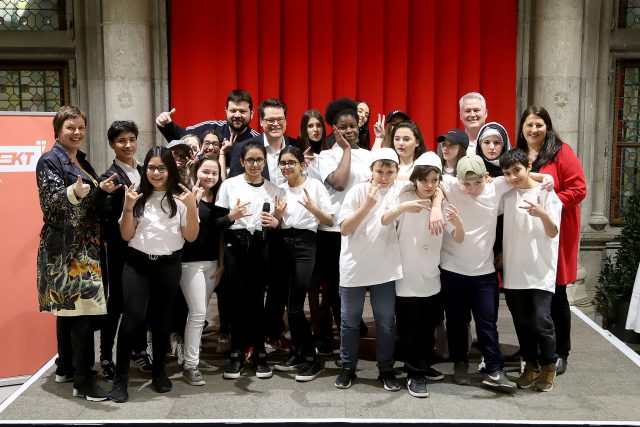
The prevention programme addresses everyday problems at school by giving children a voice and involving social workers, teachers and parents.